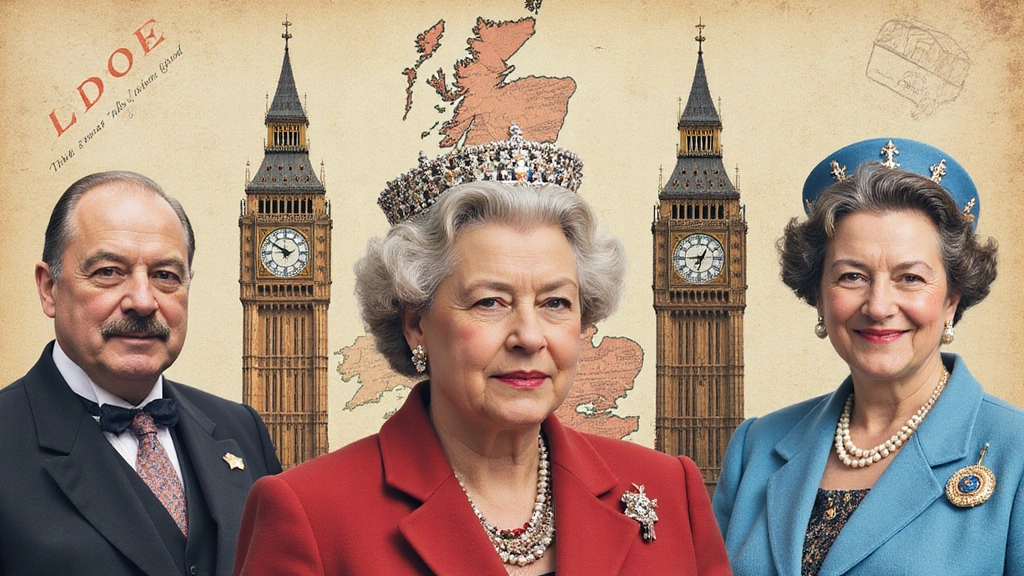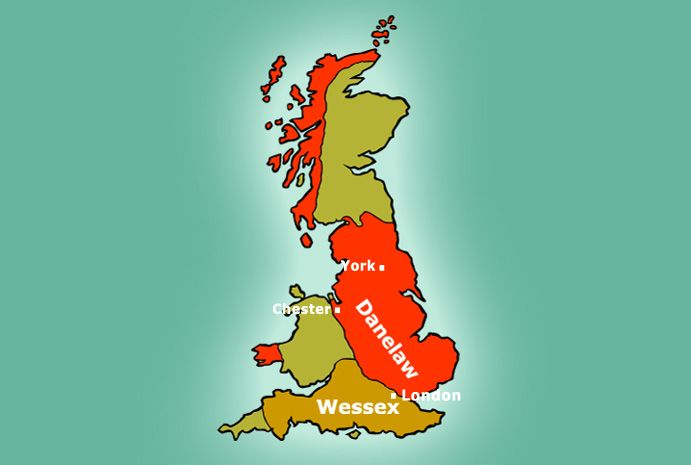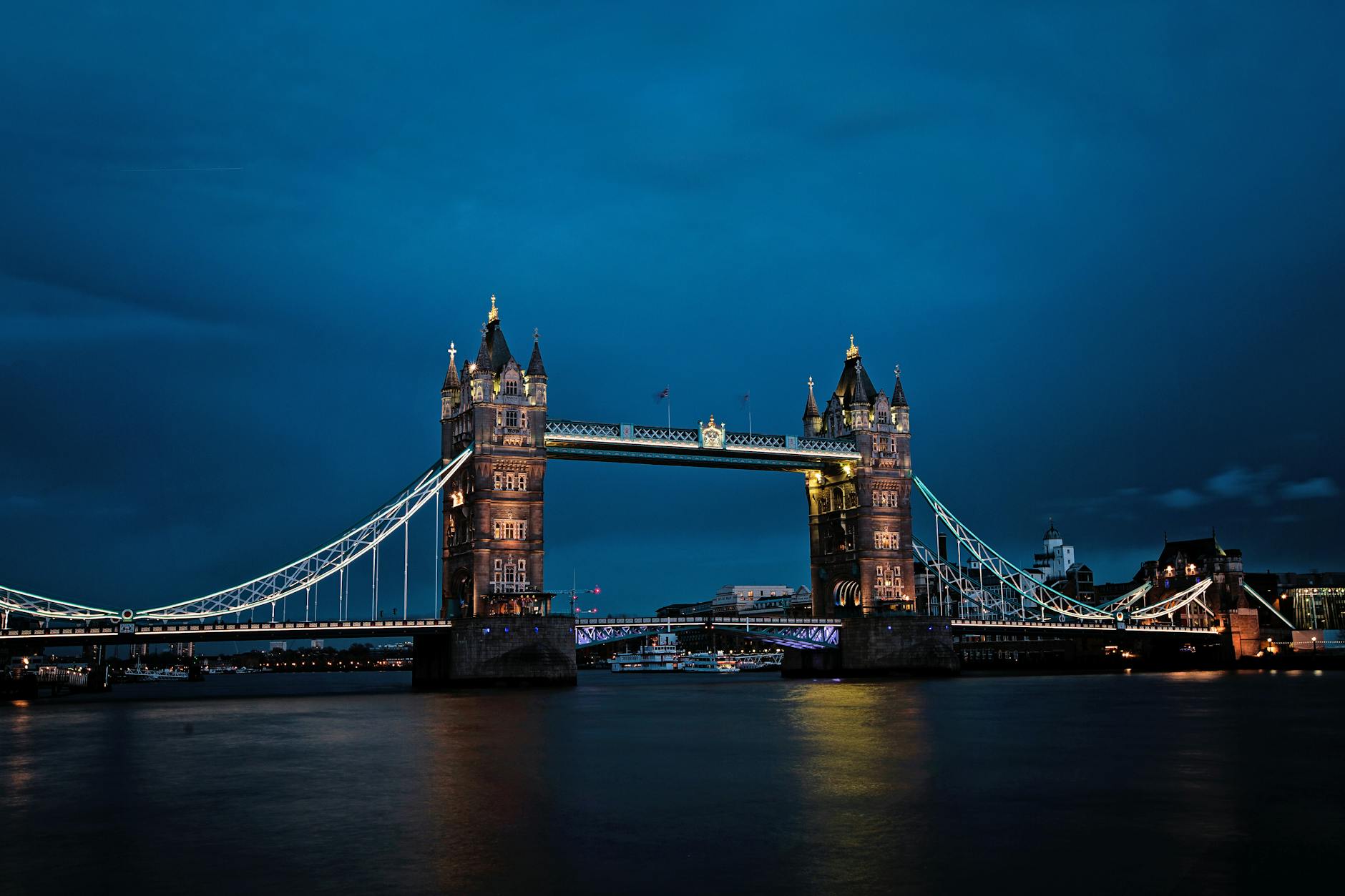From monarchs to prime ministers, the UK has been shaped by powerful leaders whose decisions have left lasting legacies.
This article showcases eight famous UK leaders whose choices have significantly influenced not just the nation, but the world. Each leader’s impact resonates today, reminding us of the power of leadership and the importance of thoughtful decision-making.
Contents
- 1. Winston Churchill: The Resilient Leader
- 2. Elizabeth I: The Queen Who Defied Convention
- 3. Margaret Thatcher: The Iron Lady
- 4. Oliver Cromwell: The Controversial Protector
- 5. David Lloyd George: The People’s Champion
- 6. Henry VIII: The Monarch Who Changed the Church
- 7. Richard III: The Misunderstood King
- 8. Tony Blair: The Controversial Modernizer
1. Winston Churchill: The Resilient Leader

Winston Churchill’s leadership during World War II stands as a remarkable example of resilience and determination in the face of adversity. His powerful speeches and steadfast resolve galvanized the British people to persevere through the war’s darkest moments. The strategies he employed not only shifted the momentum in favor of the Allies but also cemented his legacy as an enduring symbol of courage and tenacity.
For those interested in delving deeper into Churchill’s life and impact, consider exploring biographies of Winston Churchill, which provide a comprehensive look at his experiences and philosophies. Additionally, WWII documentaries, like those available here, offer valuable insights into the era and Churchill’s pivotal role in shaping history.
Furthermore, for anyone seeking to enhance their own leadership skills, motivational leadership books can be a great resource. You can find some inspiring titles here that echo the principles of effective communication and crisis management that Churchill exemplified. Today, his influence continues to resonate in global politics and leadership studies, reaffirming the significance of his legacy.
2. Elizabeth I: The Queen Who Defied Convention

Elizabeth I, the final monarch of the Tudor dynasty, is celebrated for her remarkable reign during an era when female leadership was a rarity. Her skillful navigation of intricate political dynamics, coupled with her choice to remain unmarried, earned her the title of ‘The Virgin Queen.’ This period in English history was marked by a cultural renaissance, characterized by a surge in the arts, ambitious exploration, and the historic defeat of the Spanish Armada, which collectively heralded a golden age.
For those interested in delving deeper into this fascinating time, consider exploring books on Elizabethan history that provide valuable insights into her reign and its impact on the world. Additionally, the lives of influential women throughout history can offer further inspiration; check out biographies of these remarkable figures. To celebrate Elizabeth’s enduring legacy in a more artistic format, you might also enjoy Elizabeth I-themed art prints, which beautifully capture her significance and the resilience she embodies, inspiring women leaders today.
3. Margaret Thatcher: The Iron Lady

Margaret Thatcher, renowned as the first female Prime Minister of the UK, remains a polarizing yet pivotal figure in British history. Her administration implemented significant policies such as deregulation and privatization, which fundamentally transformed the British economy in the late 20th century. Often referred to as the ‘Iron Lady,’ Thatcher’s unwavering stance against the Soviet Union was instrumental in the eventual conclusion of the Cold War.
For those interested in delving deeper into her life and influence, a variety of Margaret Thatcher biographies offer a comprehensive look at her complex legacy. Additionally, readers can explore broader contexts with political history books that examine the era in which she governed. Furthermore, for those looking to enhance their own leadership skills, there are numerous leadership and management courses available that draw lessons from her impactful governance. The ongoing debate surrounding her legacy underscores the enduring relevance of her policies in today’s economic and political landscape.
4. Oliver Cromwell: The Controversial Protector

Oliver Cromwell’s time as Lord Protector during the English Civil War marked a significant turning point in British governance. His ascent to power was driven by a strong commitment to republican ideals and a deep-seated disdain for monarchy, resulting in considerable social and political upheaval.
Cromwell’s legacy is highly controversial; while some regard him as a champion of liberty, others perceive him as a tyrant. His rule introduced foundational concepts that would eventually shape modern democracy, influencing future leaders who aimed to balance power and governance.
For those interested in exploring Cromwell’s complex character and the era he influenced, consider reading insightful books on Oliver Cromwell. Additionally, diving into English Civil War documentaries can provide a visual understanding of the tumultuous period, while historical political analysis can offer deeper insights into the implications of his rule on modern governance.
5. David Lloyd George: The People’s Champion

David Lloyd George, affectionately known as the ‘Welsh Wizard,’ served as Prime Minister during the tumultuous years of World War I. His tenure is marked by groundbreaking social reforms that laid the foundation for modern welfare policies in Britain. Lloyd George was not only a key player in the Treaty of Versailles, which significantly reshaped the post-war landscape, but he also had an extraordinary ability to connect with the general public and advocate for their needs.
This innovative approach to leadership has left a lasting legacy, as evidenced by the ongoing conversations surrounding social justice and welfare today. For those interested in exploring his life and contributions further, consider reading a biography of David Lloyd George here. Additionally, for a broader understanding of the context in which he operated, delving into books on World War I can provide valuable insights. To appreciate the significance of social reform, exploring relevant literature is highly recommended. Lloyd George’s legacy emphasizes the importance of leaders who genuinely listen to their constituents and strive for societal betterment.
6. Henry VIII: The Monarch Who Changed the Church

Henry VIII’s reign was characterized by his tumultuous relationship with the Catholic Church, ultimately leading to the English Reformation. His groundbreaking decision to break away from the Pope and establish the Church of England not only transformed religious practices but also significantly strengthened the power of the monarchy over state affairs.
This pivotal moment in history has left a lasting legacy, making Henry VIII a fascinating figure whose choices still resonate today, particularly in discussions about church-state relations and personal freedom in religious beliefs.
For those interested in exploring this intriguing period further, there are numerous resources available. You can delve into the complexities of the Tudor period by reading insightful books on the Tudor period, or immerse yourself in the details of the English Reformation through captivating documentaries. Additionally, historical fiction novels featuring Henry VIII can provide a creative perspective on his life and reign—check out some engaging titles here.
7. Richard III: The Misunderstood King

Richard III’s reign is frequently overshadowed by his depiction as a villain in Shakespeare’s famed play. Yet, beneath this dramatic portrayal lies a more intricate figure whose leadership style and decisions were pivotal during a particularly tumultuous period in English history. His efforts to consolidate power, coupled with his tragic demise at the Battle of Bosworth Field, underscore the fragile nature of leadership in times of conflict.
The complexity of Richard’s character and his legacy serve as a powerful reminder that history is often narrated by the victors. This notion encourages us to critically examine how leaders are remembered and the narratives that shape their legacies. For those interested in delving deeper into the life and times of Richard III, consider exploring various books on the subject, such as this insightful read available on Amazon: Books on Richard III. Such resources can provide a more nuanced understanding of this misunderstood king and the historical context of his reign.
8. Tony Blair: The Controversial Modernizer

Tony Blair served as Prime Minister from 1997 to 2007, distinguished by his innovative ‘New Labour’ agenda, which sought to modernize the Labour Party and reach a wider electorate. His administration was marked by significant reforms in education and healthcare, yet his legacy remains contentious due to his decision to support the Iraq War.
Blair’s approach to leadership emphasized the importance of communication and public engagement, setting a new standard for political campaigns in the modern era. For those interested in understanding his impact further, there are insightful books on Tony Blair that delve into his policies and leadership style.
Additionally, exploring modern political theory can provide a broader context for his decisions and their implications. Anyone looking to enhance their own communication skills in the political arena might benefit from public speaking courses, inspired by Blair’s emphasis on effective engagement.
His influence continues to resonate in today’s political landscape, particularly in ongoing discussions about interventionism and the ethical responsibilities of leaders.
Conclusion: The Ripple Effects of Leadership

The decisions made by these famous UK leaders have not only shaped their own times but continue to influence our world today. From the resilience of Churchill to the controversial legacy of Blair, each leader offers valuable lessons in governance, ethics, and the impact of leadership.
As we reflect on their legacies, we are reminded of the importance of thoughtful decision-making and the enduring influence of historical figures and UK leaders.
Note: We aim to provide accurate product links, but some may occasionally expire or become unavailable. If this happens, please search directly on Amazon for the product or a suitable alternative.
This post (on UK Leaders) contains Amazon affiliate links, meaning I may earn a small commission if you purchase through my links, at no extra cost to you.





One thought on “8 UK Leaders Whose Decisions Shaped History (And Why They Matter Today!)”